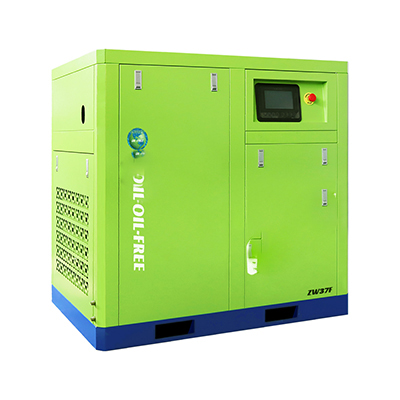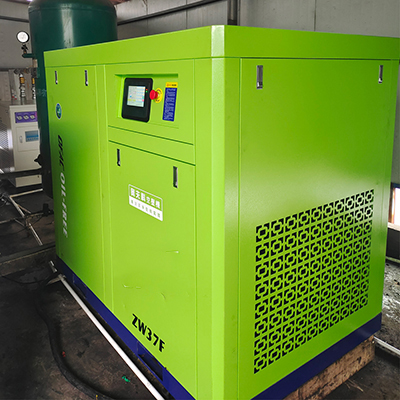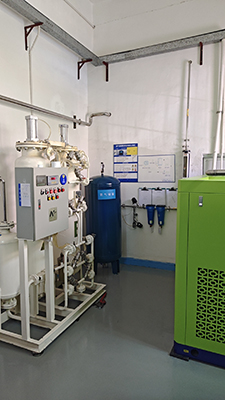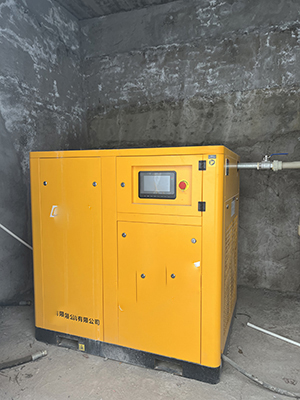low pressure air compressor selection factors based on air flow needs and tank capacity
News 2025-10-24
Low pressure air compressors play a crucial role in industrial operations, delivering air for tasks like pneumatic tools, spray systems, and material handling where pressures below 150 PSI are sufficient. These compressors enhance efficiency in sectors such as automotive repair, food processing, and construction by providing reliable air supply without excessive energy use. Key selection factors include air flow requirements and tank capacity, which directly influence performance, cost, and system reliability in daily operations.

Understanding Air Flow Needs
Air flow, measured in cubic feet per minute (CFM), dictates how well a compressor can support tools and processes. In applications requiring continuous air delivery, such as assembly lines or air-powered machinery, matching CFM to demand ensures smooth operation and prevents bottlenecks. Optimal air flow selection boosts performance by reducing energy waste and extending equipment life, making it essential for maintaining productivity in dynamic industrial environments.
Analyzing Tank Capacity Requirements
Tank capacity determines the volume of compressed air stored, which is vital for handling fluctuating demands in tasks like intermittent tool use or pressure spikes. A well-chosen tank size minimizes compressor cycling, lowering maintenance needs and improving energy efficiency. In settings with variable air consumption, such as workshops or manufacturing floors, adequate capacity supports consistent pressure, enhancing overall system durability and operational flow.
Frequently Asked Questions
1. What role does air flow play in selecting a low pressure air compressor?
Answer: Air flow ensures the compressor meets specific operational demands, preventing inefficiencies and supporting seamless performance in industrial tasks.
2. How should tank capacity be matched to air flow for best results?
Answer: Tank capacity should align with air flow to handle peak usage without frequent cycling, optimizing energy use and extending compressor longevity.
3. Why are low pressure compressors preferred in certain industries?
Answer: They offer cost savings and reduced wear in applications like cleaning or aeration, where high pressure isn’t needed, improving safety and efficiency.


